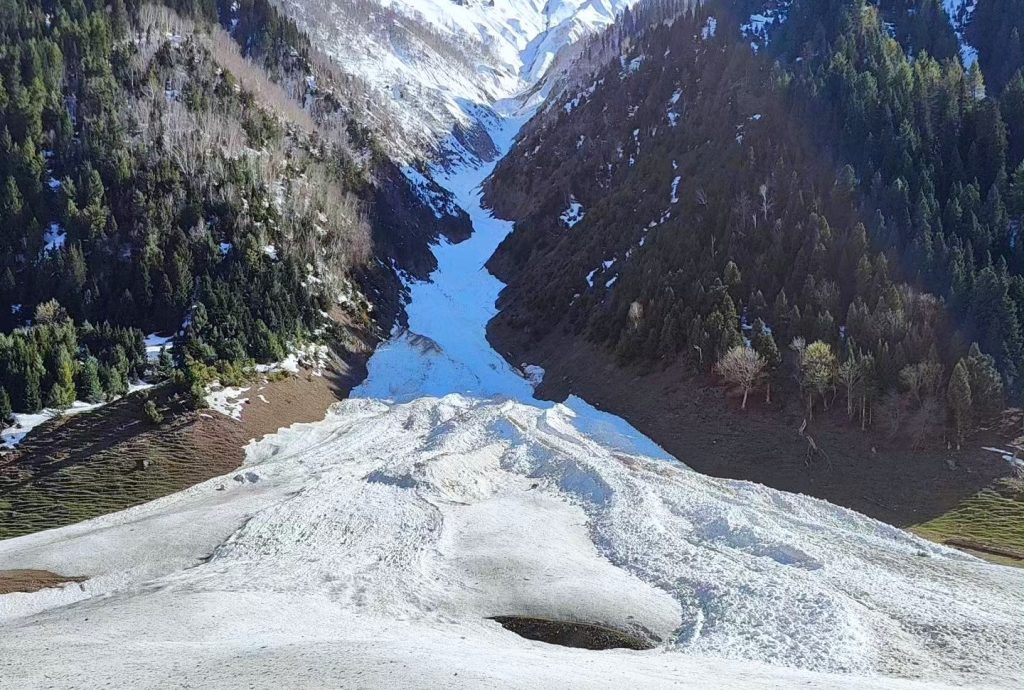ISLAMABAD: The United Nations Development Programme (UNDP), in collaboration with the Ministry of Climate Change and Environmental Coordination and with support from the Green Climate Fund, has launched the “Glacial Lake Outburst Floods” (GLOFs) project.
This initiative aims to mitigate climate vulnerabilities in the valleys of Gilgit Baltistan (GB) and Khyber Pakhtunkhwa (KP).
Pakistan, which hosts over 13,032 glaciers across the Karakoram, Hindu Kush, and Himalayan mountain ranges, boasts the largest reservoir of glaciers outside the polar regions. However, significant climate changes are causing these glaciers and surrounding habitats to face severe challenges, with reports indicating that 10,000 glaciers are receding.
The GLOFs project is focused on safeguarding communities from the impacts of glacial melts that result in outburst floods. In partnership with Cirrus Pakistan, the project is organizing awareness sessions at universities and colleges in GB and KP.
These sessions will culminate in a climate-centric hackathon, designed to generate ideas and solutions based on local knowledge to drive climate adaptation strategies.
Applicants are encouraged to submit concepts for climate-conscious solutions, including livelihood interventions and innovative disaster risk reduction practices. Dr. Allah Ditta, Associate Professor and Chairman of the Department of Environmental Sciences at Shaheed Benazir Bhutto University Sheringal, Dir, emphasized the importance of these efforts, stating, “Engaging our youth through such initiatives will pave the way for innovative solutions to combat the severe impacts of climate change in our region.”
Sumaira Gul, a student at Karakoram International University’s Chilas Diamer Campus, highlighted the urgency of investment in climate-centric solutions during an awareness session. “The severity of the situation has inspired me to participate in this hackathon, hoping to contribute to sustainable solutions that will protect our communities and environment,” she said.
The UNDP’s GLOF-II project operates in 16 valleys of Gilgit Baltistan and 8 valleys in Khyber Pakhtunkhwa. It empowers communities to identify and manage risks associated with GLOFs and other climate change impacts, strengthens public services to reduce disaster risks, and enhances community preparedness and disaster response.
Additionally, the project promotes sustainable livelihood options, with a particular focus on women’s participation in ensuring food security and livelihoods in the project areas.


